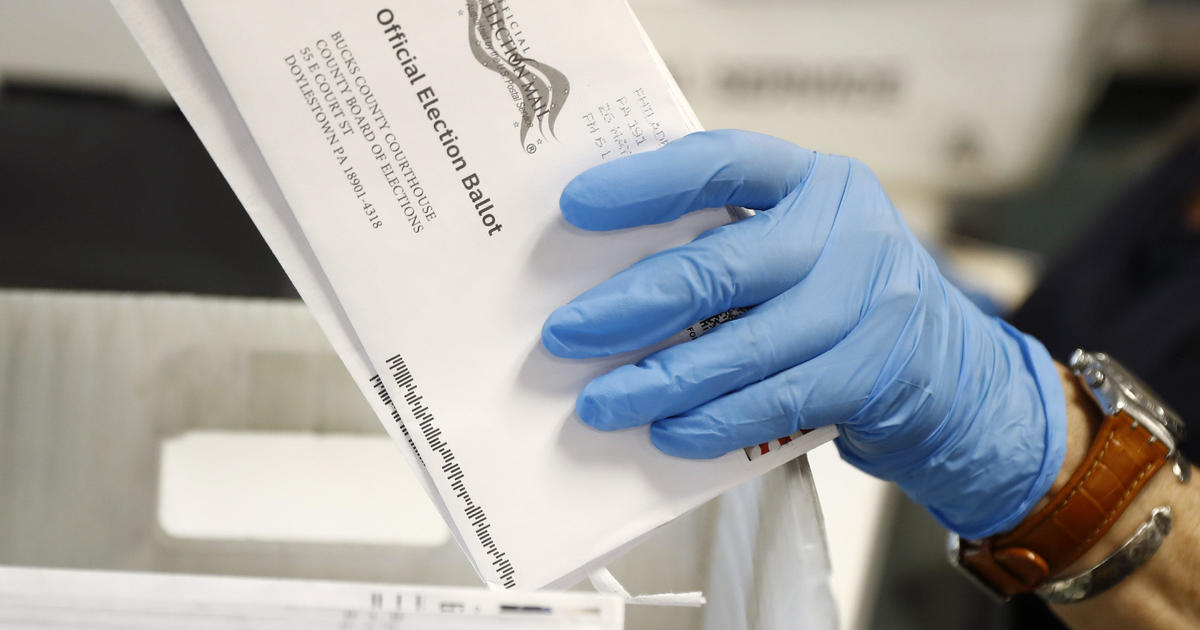The top elections official in Philadelphia on Monday warned that the state Supreme Court’s decision to reject ballots missing privacy envelopes has “set Pennsylvania up to be the subject of significant post-election legal controversy, the likes of which we have not seen since Florida in 2000.”
Lisa Deeley, chair of the Philadelphia city commissioners and a Democrat, predicted that the court’s decision could result in the statewide rejection of over 100,000 ballots, more than twice the margin of Trump’s 2016 victory in the state.
The Pennsylvania Supreme Court made several consequential election decisions last week that were seen as making it easier to vote by mail, including extending the deadline for mail-in ballot returns and explicitly allowing voters to return ballots at drop boxes. But Deeley said those decisions drowned out the also imperative issue of so-called “naked” ballots.
“While everyone is talking about the significance of extending the mail ballot deadline, it is the naked ballot ruling that is going to cause electoral chaos,” she wrote to leaders in the GOP-controlled state legislature, asking for them to pass legislation to eliminate the secrecy envelope requirement.
Pennsylvania requires voters to be given two envelopes with a mail ballot, the outer postmarked one and an inner secrecy envelope meant to keep the contents of the ballot protected from tampering.
State law doesn’t explicitly say ballots lacking a secrecy envelope must be discarded, and the secretary of the commonwealth advised counties to count naked ballots in the primary.
Some voters missed the secrecy envelope in this year’s primary and most counties counted their votes anyway. The Trump campaign had separately asked a federal judge to exclude such “naked ballots” in the general election and will likely benefit from that portion of the state Supreme Court’s ruling because Democrats are expected to vote by mail at a higher rate than Republicans.
Counties generally didn’t track naked ballots in the primary, so officials can only estimate how many they’ll receive in the general. By applying the percentage of standard absentee ballots that came back without secrecy envelopes in the primary to the total number of mail ballots expected, Deeley estimated 30,000 to 40,000 naked ballots would be returned in Philadelphia, where Democrats outnumber Republicans nearly sevenfold.
Republicans control both chambers of the Pennsylvania legislature and are unlikely to change the law on secrecy envelopes.
“The state Supreme Court was very clear in its ruling last week that the law requiring a proper secrecy envelope is clear and fair,” said Mike Straub, communications director for House Speaker Bryan Cutler. “We believe this issue is settled for this election.”
Deeley in August asked the legislators to allow counties to begin processing mail-in ballots three weeks ahead of Election Day, a change the state’s Democratic governor has since called for. The state Senate passed a bill in early September that would allow a mere three days of pre-canvassing, but because it would also ban drop boxes, the governor has said he would veto it.
